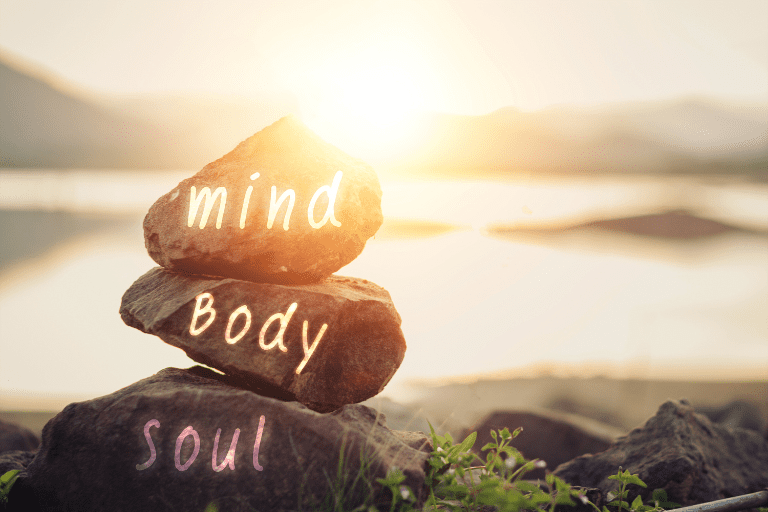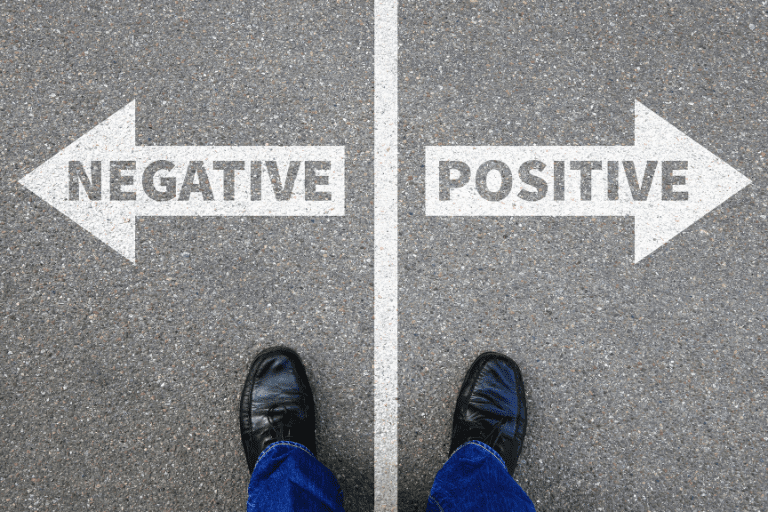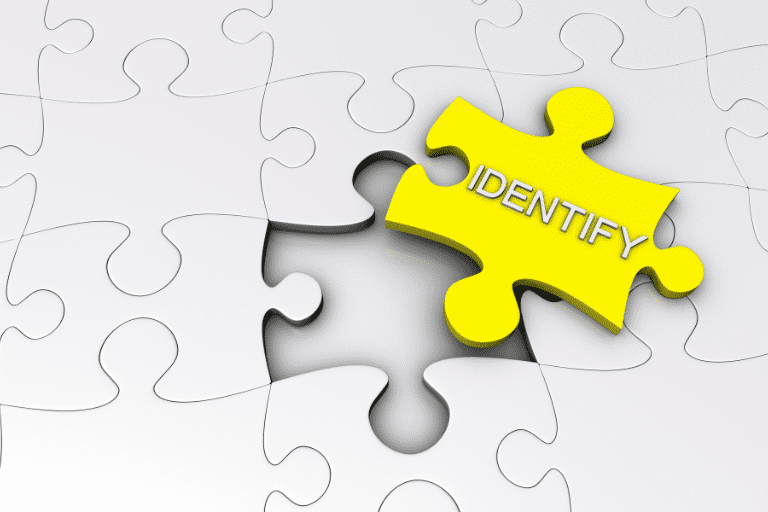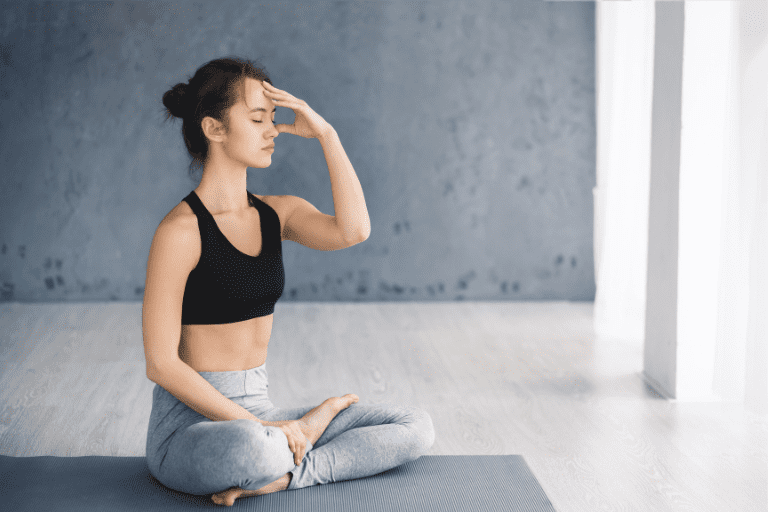Top 10 tips to get rid of being anxiety
Anxiety is a common emotional response to stress and uncertainty, but when it becomes chronic and overwhelming, it can significantly impact our daily lives. Fortunately, there are effective strategies to manage and reduce anxiety. In this article, we will explore the top 10 tips to help you get rid of anxiety and promote emotional well-being.
1. Practice Deep Breathing

When anxiety strikes, take slow, deep breaths to activate the body’s relaxation response. Deep breathing calms the nervous system and helps reduce feelings of stress and anxiety. Find a quiet space, inhale deeply through your nose, hold for a few seconds, and then exhale slowly through your mouth. Focus on the sensation of your breath to bring your mind back to the present moment.
2. Engage in Regular Exercise

Physical activity releases endorphins, which are natural mood elevators. Regular exercise can improve sleep, reduce tension, and alleviate anxiety symptoms. Whether it’s walking, jogging, yoga, or dancing, find an activity you enjoy and make it a part of your routine. Aim for at least 30 minutes of exercise most days of the week.
3. Limit Caffeine and Alcohol Intake

Both caffeine and alcohol can exacerbate anxiety symptoms. Limit your consumption to reduce the likelihood of triggering or intensifying anxious feelings. Caffeine is a stimulant that can increase heart rate and induce feelings of restlessness, while alcohol is a depressant that can disrupt sleep and worsen mood.
4. Get Sufficient Sleep

Adequate sleep is essential for emotional well-being. Ensure you have a consistent sleep schedule and create a relaxing bedtime routine to promote restful sleep. Avoid screens and stimulating activities before bedtime, and create a calm and comfortable sleep environment.
5. Practice Mindfulness and Meditation

Mindfulness and meditation techniques can help you stay present in the moment and reduce anxiety about the past or future. These practices promote a sense of calm and centeredness. Start with short meditation sessions each day, focusing on your breath or a specific mantra. Gradually increase the duration as you become more comfortable with the practice.
6. Challenge Negative Thoughts

Identify and challenge negative thought patterns that contribute to anxiety. Often, anxious thoughts are irrational or based on unfounded fears. Replace them with positive and realistic affirmations. For example, if you catch yourself thinking, “I can’t handle this,” replace it with, “I can handle challenges, and I’ve overcome difficulties before.”
7. Seek Support from Others

Talking to friends, family, or a mental health professional can provide valuable support during anxious times. Opening up about your feelings can help release pent-up emotions and reduce anxiety. Sometimes, verbalizing your worries and concerns can provide a fresh perspective and alleviate their intensity.
8. Identify Triggers

Take note of situations, environments, or people that trigger your anxiety. Once identified, develop strategies to avoid or cope with these triggers effectively. It might involve setting boundaries, seeking alternatives, or implementing relaxation techniques when faced with triggering situations.
9. Set Realistic Goals

Avoid overwhelming yourself with unrealistic expectations. Break tasks into smaller, achievable goals to build a sense of accomplishment and reduce anxiety. Celebrate your progress along the way, even if it’s incremental. Setting realistic goals ensures that you don’t burden yourself with unnecessary pressure.
10. Embrace Relaxation Techniques

Incorporate relaxation techniques like progressive muscle relaxation, guided imagery, or yoga into your daily routine. These practices can help you feel more at ease and centered. Allocate a few minutes each day to engage in a relaxation exercise of your choice. As you become more proficient, you’ll find it easier to relax during moments of stress.
Anxiety is a natural response to life’s challenges, but it doesn’t have to control your life. By incorporating these top 10 tips into your daily routine, you can effectively manage and reduce anxiety. Remember to prioritize self-care, seek support when needed, and develop healthy coping mechanisms. Taking proactive steps to address anxiety can lead to a more peaceful and fulfilling life. If your anxiety persists or becomes overwhelming, consider seeking guidance from a mental health professional to explore additional strategies and support tailored to your specific needs. Embrace the journey of self-improvement and use these tips to cultivate a greater sense of emotional well-being and inner peace.
If you like this you might like The Top 10 Most Effective Ways to Relieve Stress Quickly
“We’ve reached the end of our Top 10 countdown, and we’d love to hear from you! Do you agree with our choices, or is there something we missed that you feel deserves a spot on this list? Let’s start a conversation – comment below with your thoughts and ideas. Your input might just influence our next Top 10!”





